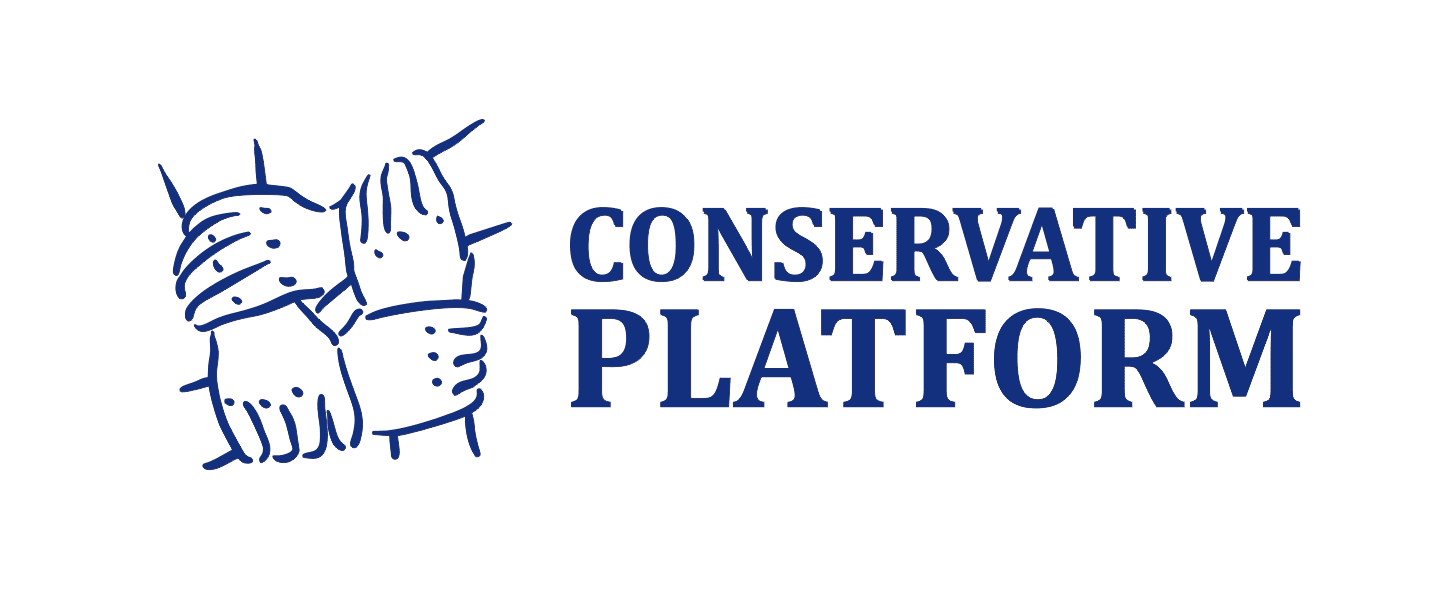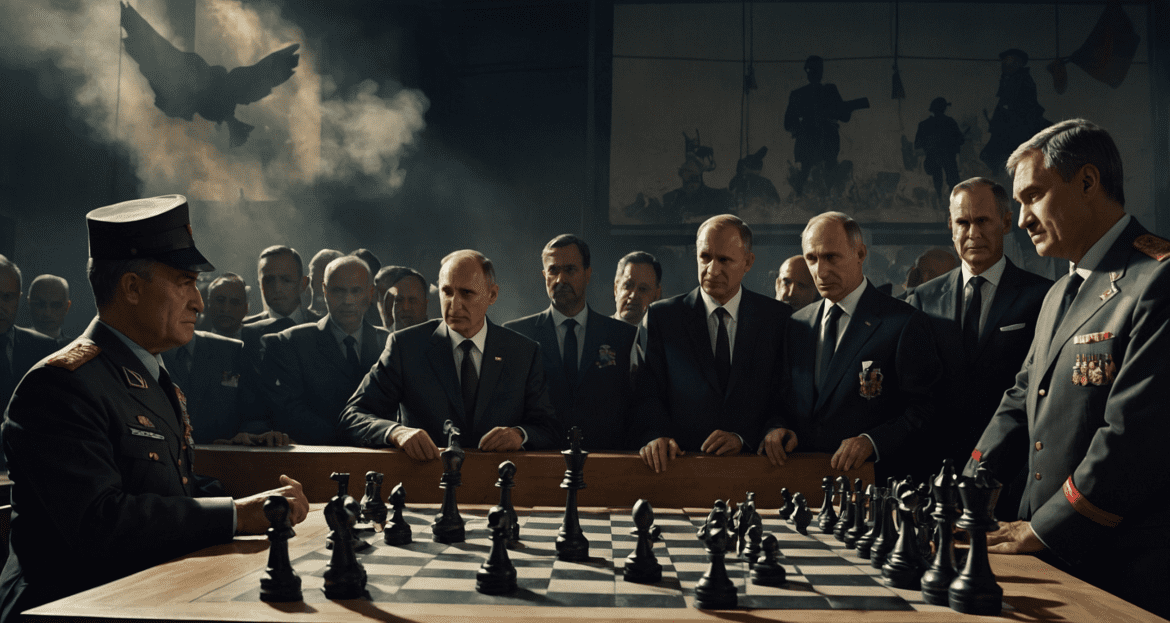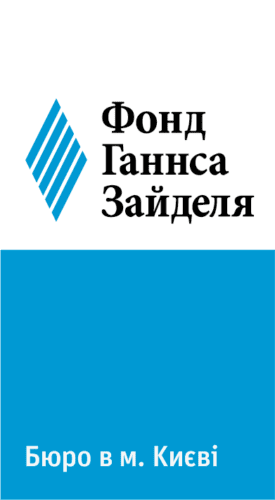In the Ukrainian media, and especially on social media, one often hears the statement that “the European right supports Putin.” Sometimes “ultra” is added to the word right, but the main narrative here is simple: the right is allegedly Putin’s direct ally in Russia and, therefore, Ukraine’s enemy. The fact that Putin’s regime calls itself a defender of conservative values and declares a fight against “gay Europe,” “lgbt satanism” and the main trigger of modern politics – migration – helps to promote these theses.
However, as always, when it comes to Russia, this is outright manipulation and lies. And those who claim that the European right is “pro-Russian” are, in fact, helping Putin and his ideologues.
What is wrong with the myths about the “European Right”?
Let’s first look at who is Putin’s biggest and most consistent ally in Europe. Of course, Viktor Orban and Marie Le Pen immediately come to mind. And the political forces they formally and informally lead. It is indeed difficult to argue with this, and there is ample evidence of cooperation or at least solidarity with Putin regarding Orban, as well as evidence of Le Pen’s funding from the Kremlin, and the corresponding rhetoric in response.
But these are only two parties. There are, of course, others, such as the Freedom Party in Austria, AUR in Romania, and others. However, it is worth noting that not only right-wing parties are supported by the Kremlin and funded by Russian money. In Germany, in addition to the right-wing populist AfD, the left-wing Die Linke is also pro-Russian . And Gerhard Schroeder, who simply went to work for Russia, belongs to the Social Democrats and was chancellor of this party.
The situation in the UK is even more interesting. Until 2020, the current ruling Labor Party was headed by Jeremy Corbyn. He, along with several other influential Labor members, is the co-founder and leader of the Stop the War Coalition, which is actually one of Russia’s oldest and most consistent allies in the world. Little is said about them, although at the beginning of their activities they managed to gather up to two million participants at their events in London. The association has been active since 2001 and has consistently opposed any military action in the world conducted by NATO countries. However, they have never criticized Russia, they supported the annexation of Crimea, and after February 24, 2022, they advocate peace “taking into account the interests of Russia.” Should I add that they support Hamas in its attacks on Israel? It is also worth adding that their leaders include Charles Kennedy, one of the leaders of the Liberal Democrats in the UK. And all of Putin’s allies in Europe, both right-wing and left-wing, have gathered at their events, including those against aid to Ukraine.
Looking at the issue from a different angle, it is worth recalling the example of Giorgia Maloni, the leader of the Brothers of Italy and the Prime Minister of that country. Among the leading parties in Europe, it is difficult to find a more right-wing party, including historically. If you want, you can add ultra to it, just like Le Pen’s party. However, this party and its leader are consistent opponents of Russia and friends of Ukraine. And if we go back to Britain, the Conservative Party of that country, which also belongs to the right-wing political spectrum, is a friend of Ukraine.
If you go deeper into smaller parties in different countries, there is also a division on the issue of pro-Russianism. Although, of course, it is pointless to deny that the Kremlin has invested huge resources to gain allies. But, as we can see, it is fundamentally wrong to put an equal sign between the right and the pro-Kremlin. Because it is not true.
Why does the Kremlin systematically work with the right?
It is pointless to deny that Russia is looking for allies among the parties on the right of the spectrum. However, efforts and results do not always go hand in hand.
The main explanation is that after a relatively short search, Russia settled on conservatism as the main state ideology. It is difficult to say why this choice was made, but starting in the second half of the noughties, it was not only generally formed, but also publicly voiced. And it was this ideology that sought allies around the world, to whom Russia offered money and media support.
For this purpose, the huge network of the Rasha Tudei/Sputnik holding was involved, as well as media outlets bought by Russian oligarchs. Separately, work was being done on neo-Nazi movements and football hooligans, who gradually came under the full control of the FSB. However, already at this stage, Putin had his first major problem when passionate members of these movements who did not fall under his control got out of control and organized several unpleasant events, the largest of which was the riots at the “arena” due to the murder of one of the fans by representatives of one of the Caucasian criminal diasporas.
The next breakdown occurred in 2014, when some of the very authoritative leaders of these movements categorically opposed the annexation of Crimea and the invasion of Donbas. The same thing happened again in 2022. At the same time, some of the leaders left Russia, and Denis Kapustin even became the founder and commander of the RDC, which is fighting against the Kremlin on the side of Ukraine. This became a big problem, as Kapustin is a well-known and influential figure in these circles. No less famous than Sergei Korotkikh (Boatswain). And Maksym Martsynkevych (Tesak), who was killed in prison, who once publicly supported the Maidan.
Of course, the Kremlin has also created fully controlled groups, such as Espanyol and 106. But even here, Russia has a certain trap, since one of the largest fan groups in Russia, and one of the supporters of CSKA Moscow, called RBV, has a symbol of a dead head in its emblem, which is openly Nazi. And it is the leaders of this group who are the founders of the “Española” and are fighting against Ukraine. They are denazifying us through Nazism, so to speak.
Kadyrov’s trap
The main reason why the Kremlin’s bet on the right turned out to be a strategic failure even has a name: Ramzan Kadyrov. It is no secret that Putin gained control of the Caucasus not as a result of a successful military operation, but by buying one of the clans of Ichkeria, Kadyrov. He is allowed to do almost anything in Russia, provided he is personally loyal to Putin. And this has led to the fact that Russian right-wing ideas are actually hostile to what the Kadyrovs are allowed to do.
Another global problem is mass migration from Central Asia, and more recently from Africa. There are already entire neighborhoods in Moscow where people either do not understand Russian at all or understand it but do not use it. Nor is there any support for Orthodoxy in its Russian version. Despite the appearance of public statements by Russian officials about the “fight against migrants” in the context of crime and even calls for its restriction, real action in this direction is impossible because there is Kadyrov.
To whom Putin cannot declare war. And whose impudence simply knows no bounds, and only the lazy did not mock the “exploits” of the “akhmat” battalion. However, Kadyrov is untouchable, which was clearly seen when his son was allowed to publicly beat a man in prison.
So what kind of alliance between Russia and the European right is possible under these conditions? Only one based on financial resources and in the case of marginalization of the right.
Why are liberals becoming Putin’s allies?
The above leads to a paradoxical conclusion that at this stage, the Kremlin is interested in Ukrainian and European liberal figures demonizing right-wing and conservative politicians as much as possible, precisely because of accusations of collaboration with Russia. This is the only way to preserve the situation where right-wing and conservative parties in Europe are led by politicians who are directly bought or are agents of the FSB.
In any other scenario, sooner or later, these parties will be dominated by those who will ask simple and deadly questions for the Kremlin, the main of which is: why does Russia’s declared conservatism not coincide with reality? Why did Russia give its capital to migrants? Why is Kadyrov the most influential politician in Russia after Putin? Why and for what purpose does the “African Shit” program, which is supposed to assimilate immigrants from South Africa, work? Why does a significant part of the Russian elite have homosexual tendencies and this is constantly being brought into the public space? And, finally, why is the authoritative and independent Russian right on the side of Ukraine?
Politics in Europe works in such a way that there is real competition and maintaining a monopoly on power in parties requires serious efforts. For example, involving ideological enemies from the liberal camp to create false perceptions of Russia and Ukraine
Liberal Ukraine?
In order to destroy the Russian myths about the denazification of Ukraine, combined with the fight against “sodomy” and in defense of Orthodoxy, it is enough to reasonably convey to supporters of the pro-Putin right such facts as, for example, that 80% of Ukrainians are Christians. That Ukraine’s migration policy does not artificially stimulate the emergence of a huge number of citizens from Central Asia or Africa.
Ukraine is a democratic country that is still on the way to civic and political education of its society. We lack the ability to distinguish between ideologies and are heavily influenced by populist politicians. However, Ukrainians are characterized by both self-reliance and a tendency to preserve kinship, the traditional family, private property, and national identity. Liberal multiculturalism has not been particularly successful in Ukraine, unlike mutual support.
So are we predominantly liberal? Hardly. Rather, we are right-wing conservative. And what separates us from the European right? Money and the Kremlin’s media influence. Including the imposition of labels such as “the European right supports Putin.”




